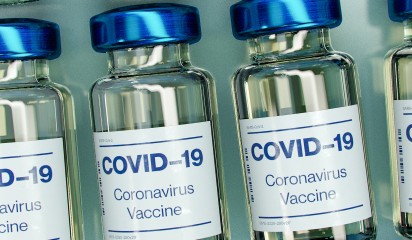January 2, 2022 -- January 2, 2022

Researchers at IISc developed mathematical models to determine the optimal timing and combination of COVID-19 vaccine booster doses, enhancing immunity and informing public health policies against emerging variants.
The efficacy of COVID-19 vaccines depends in a complex way on the strength of the prime doses and the time interval between the prime doses and the booster shots. Researchers at the Indian Institute of Science (IISc) used mathematical models to test hypotheses to develop protocols for COVID-19 vaccine boosters. They determine the optimal timing and combination of booster doses to enhance immunity against emerging variants. The study involved analyzing data from different vaccines and understanding immune responses. The goal is to provide scientific guidance for booster shot administration, ensuring sustained protection against COVID-19, particularly in light of new variants. This research is critical for informing public health policies and improving long-term vaccine efficacy.
Reference: Garg, A. K., Mittal, S., Padmanabhan, P., Desikan, R., & Dixit, N. M., Increased B Cell Selection Stringency In Germinal Centers Can Explain Improved COVID-19 Vaccine Efficacies With Low Dose Prime or Delayed Boost, Frontiers in immunology (2021)